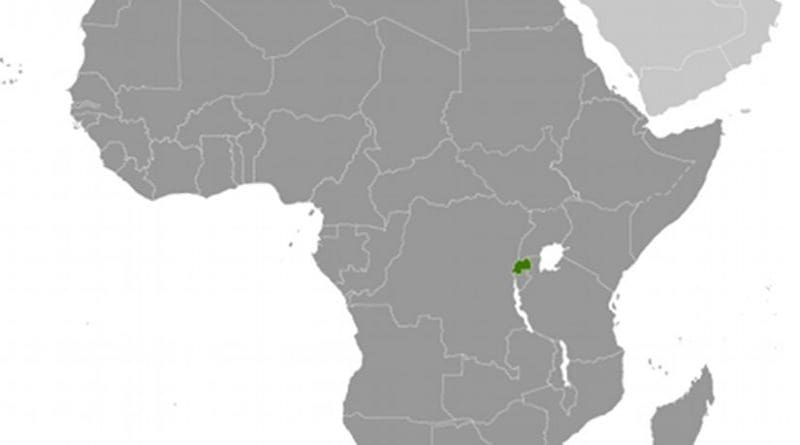Rwanda: Petty Crime Suspects Summarily Executed, Says HRW
State security forces in Rwanda have summarily killed at least 37 suspected petty offenders and forcibly disappeared four others since April 2016, Human Rights Watch said in a report. Most victims were accused of stealing items such as bananas, a cow, or a motorcycle. Others were suspected of smuggling marijuana, illegally crossing the border from the Democratic Republic of Congo, or of using illegal fishing nets.
The 40-page report, “‘All Thieves Must Be Killed’: Extrajudicial Executions in Western Rwanda,” details how military, police and auxiliary security units, sometimes with the assistance of local civilian authorities, apprehended suspected petty offenders and summarily executed them. Two men were killed by civilians after local authorities encouraged residents to kill thieves. In all the cases Human Rights Watch documented, the victims were killed without any effort at due process to establish their guilt or bring them to justice, and none posed any imminent threat to life that could have otherwise justified the use of lethal force against them.
“Rwandan security forces are carrying out a brutal campaign of cold-blooded murder in the Western Province,” said Daniel Bekele, senior director for Africa advocacy at Human Rights Watch. “Fighting petty crime or offenses by committing murder doesn’t build the rule of law, but only reinforces a climate of fear. The Rwandan authorities should immediately halt the killings and bring those responsible to justice.”
Human Rights Watch conducted interviews in Rwanda with 119 witnesses, family members and friends of victims, government officials, and others. Human Rights Watch also released photographs of some of the victims.
On July 5 and 6, 2017, Human Rights Watch shared its findings with five local authorities in Rubavu and Rutsiro districts, the areas where Human Rights Watch documented the killings. The officials denied that any extrajudicial executions had occurred, although one said that people had been killed while crossing the border from Congo because of a “security issue.” Human Rights Watch also shared its findings with senior government officials in the capital, Kigali, but has not received a response.
These killings occurred in advance of Rwanda’s presidential elections, scheduled for August 4. President Paul Kagame, who has been in power since 2003, is running against two opponents, both of whom have complained of harassment, threats, and intimidation since announcing their candidacy.
The executions, some in front of multiple witnesses, are rarely discussed in Rwanda. Given Rwanda’s strict restrictions on independent media and activists, no local media outlets have reported the killings, and local human rights groups are afraid to publish information on such issues.
The killings and enforced disappearances appear to have been part of a broader strategy to spread fear, enforce order, and deter any resistance to government orders or policies, Human Rights Watch said.
In one example, Fulgence Rukundo, a father of two, was detained by a local government official and six soldiers at his home in the village of Munanira in Rubavu district in the early morning of December 6. Witnesses said he was questioned about a stolen cow, then taken to a community meeting with the district mayor. “When the meeting was finished, the soldiers walked Fulgence to a small field near a banana plantation,” one witness said. “There were many of us following; some were primary students. We wanted to see what would happen… A soldier told him to stand up and walk, and another soldier told us to leave. At that moment, I heard three shots.”
More than 40 people interviewed said they had participated in community meetings in Rubavu and Rutsiro districts at which military officers or local government officials declared that thieves would be arrested and killed.


The article seems to be written by someone who is not professional and the work is unrealistic. It is movie to present in festivols. If your read different reports on the Rwandan security and the classification of that country worldwide, surely this is not Rwanda the article describes here. Try to be professional please. Otherwise you attack your reputation if it is not already done.